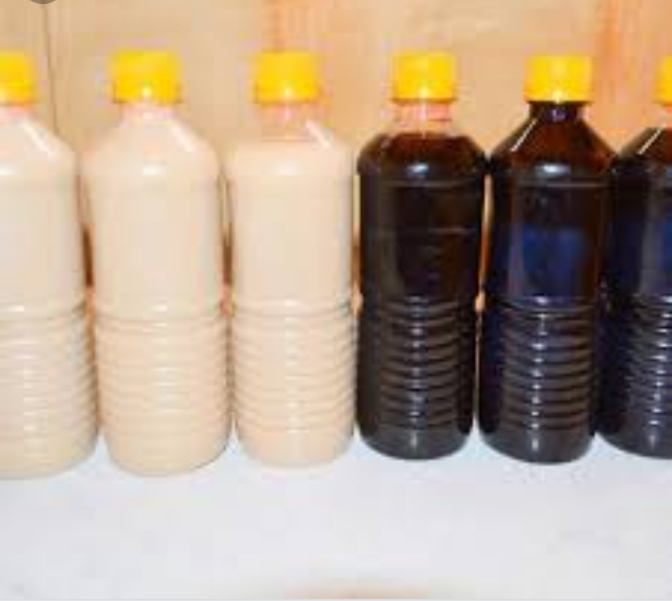Cholera: FG warns Nigerians against drinking kunu, zobo, other locally made drinks
The call from the Federal Government to Nigerian citizens is to abstain from consuming locally-produced beverages such as kunu, zobo, and fura in order to prevent the spread of cholera.
Additionally, the public is urged to heighten their level of awareness and to adopt proper sanitation and hygiene practices both at home and in their workplaces.
The Minister of State for Environment, Iziaq Salako, issued this directive in an official statement on Monday in Abuja.
Salako emphasized the importance of taking preventive measures, including maintaining cleanliness in their surroundings and disposing of waste correctly at designated locations.
He stressed the significance of using clean and safe water, suggesting that water from questionable sources should be adequately boiled or treated by adding a chlorine solution.
The minister advised against consuming locally prepared beverages, unless it is confirmed that proper hygiene standards were followed in their preparation.
He underscored the necessity of regular handwashing with soap and water, particularly after using the toilet, handling a child who has used the toilet, before food preparation, before and after meals, and after interacting with animals.
READ ALSO: One person dead as Ogun reports 25 cholera cases across seven LGAs
Salako also urged State and Local Governments to enhance environmental health surveillance in areas where food and beverages are sold nationwide, such as markets, garages, schools, restaurants, stadiums, religious establishments, and sports venues.
These measures, according to him, would help prevent the further spread and transmission of cholera while aiding in its prevention and control.
He called for increased support from Commissioners for Environment and Local Government Chairpersons to bolster sanitation and hygiene efforts through community-led sanitation initiatives.
Furthermore, Salako highlighted the importance of collaboration with health authorities and other stakeholders, aligning with the federal government’s one-health approach.
Efforts have been made to assist the most affected states with chlorine solutions, tablets, and resources for testing water and food to prevent further transmission across the country.
Salako acknowledged the recent report from the Nigeria Centre for Disease Control (NCDC) which showed a significant number of suspected cases, confirmed cases, and fatalities in various states.
He identified the states with the highest number of cases and outlined the ministry’s intervention strategies to curb the spread of the disease.
He explained that cholera is primarily driven by poor sanitation and hygiene practices, emphasizing the need for prompt treatment to prevent fatalities.
Early symptoms include watery stool, nausea, and vomiting, with the disease typically surfacing during the rainy season in areas with inadequate sanitation.
Salako noted the global resurgence of cholera cases, led by the World Health Organization (WHO), with Nigeria among the countries experiencing this resurgence.
Follow the Neptune Prime channel on WhatsApp: https://whatsapp.com/channel/0029Va74ZvU2v1IqKByXoX3d
Do you have breaking news, interview request, opinion, suggestion, or want your event covered? Email us at neptuneprime2233@gmail.com


